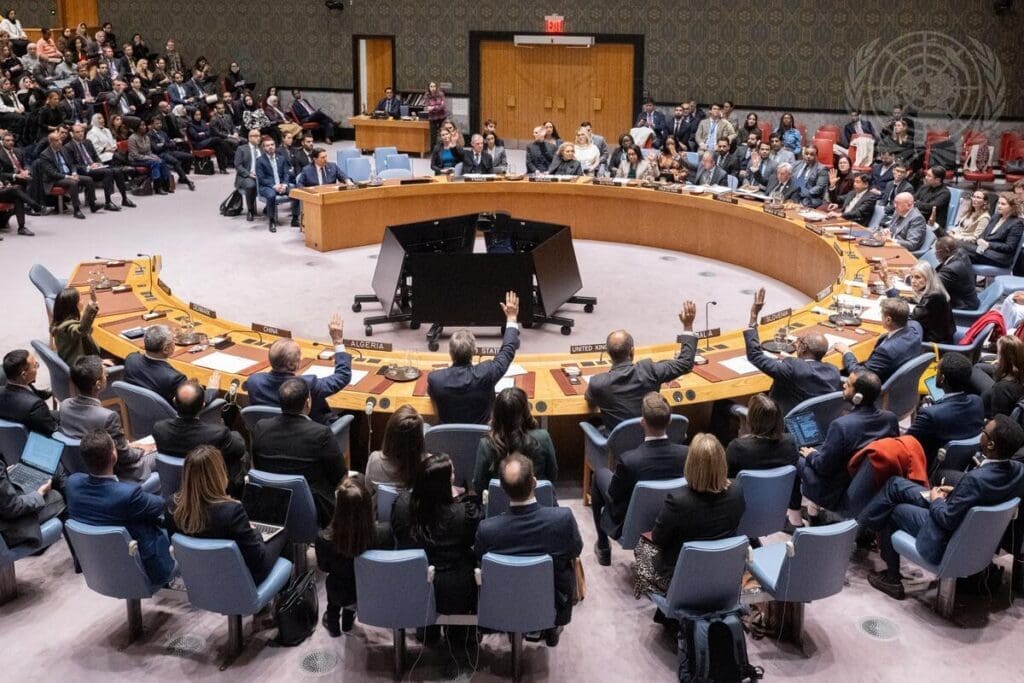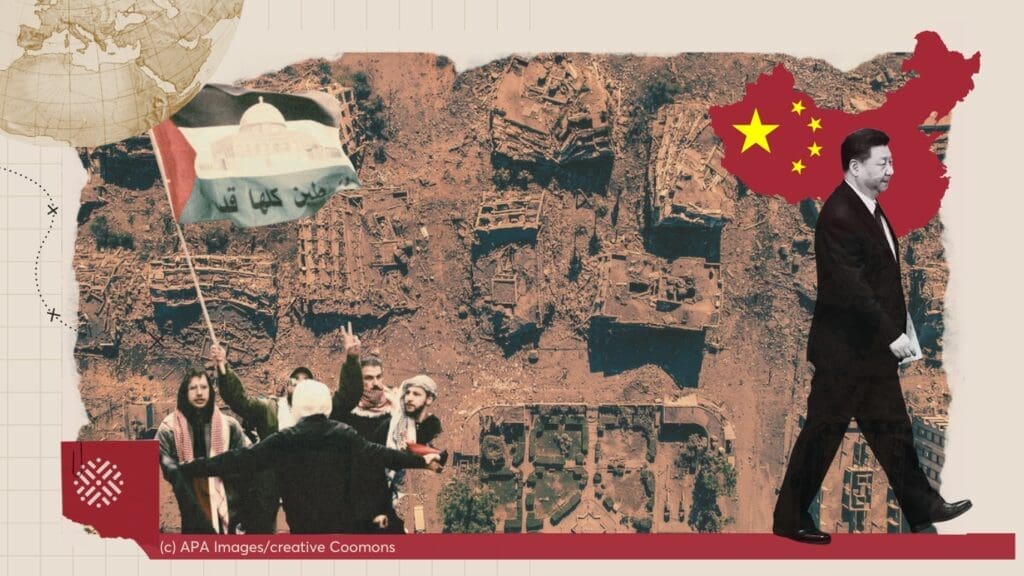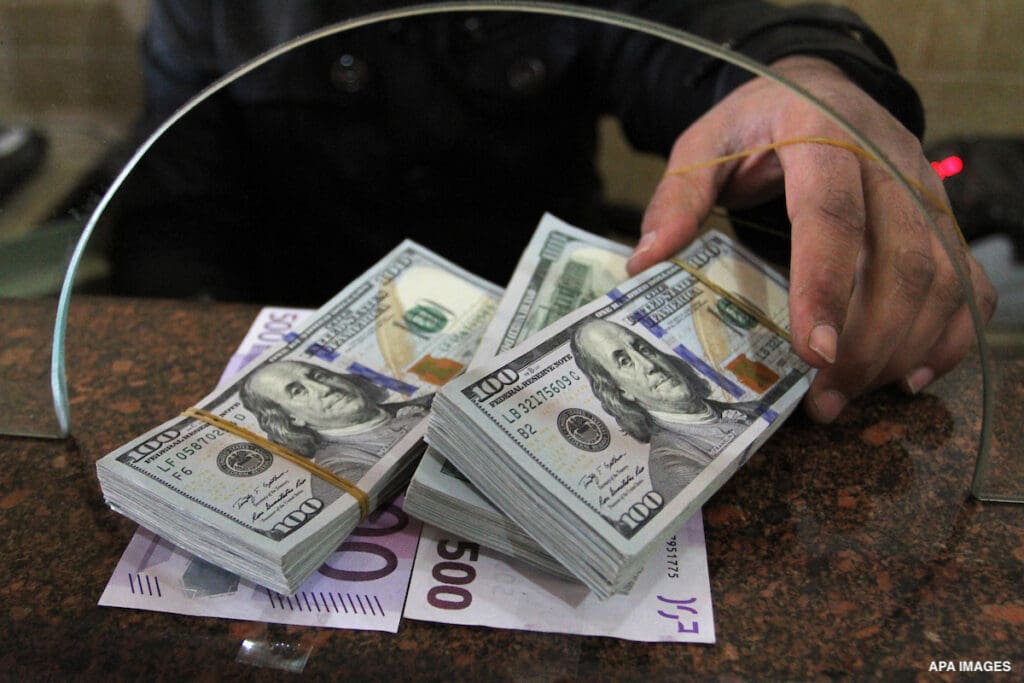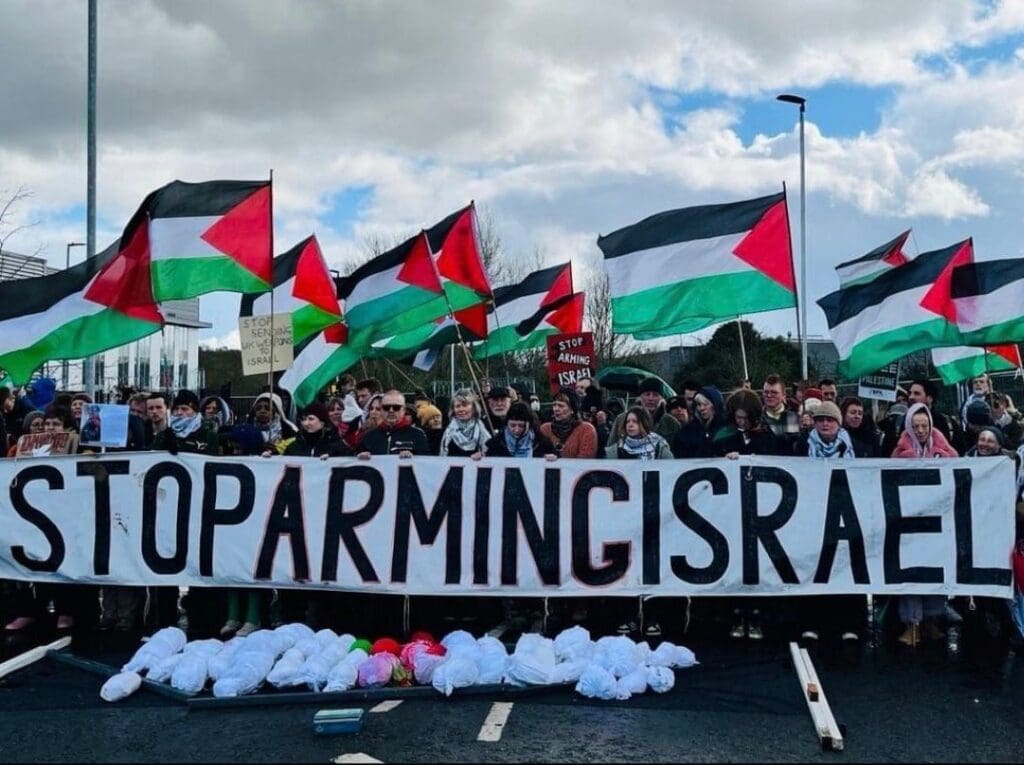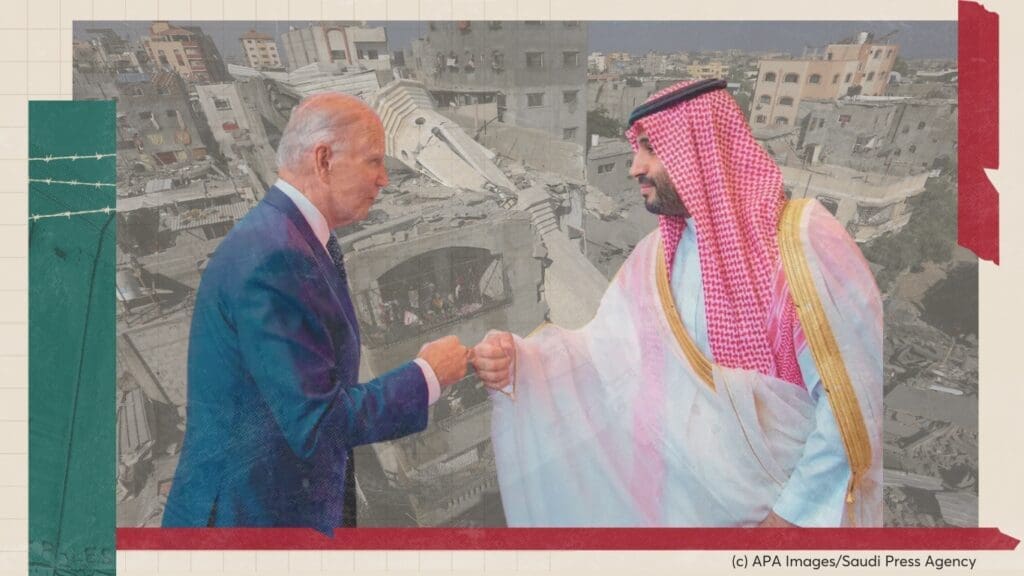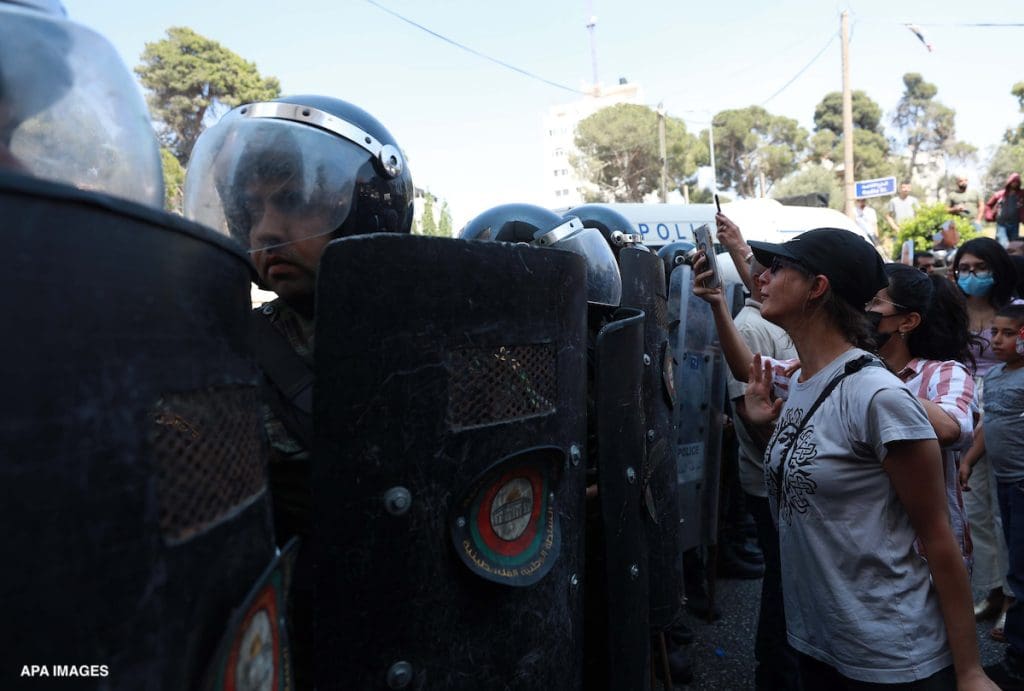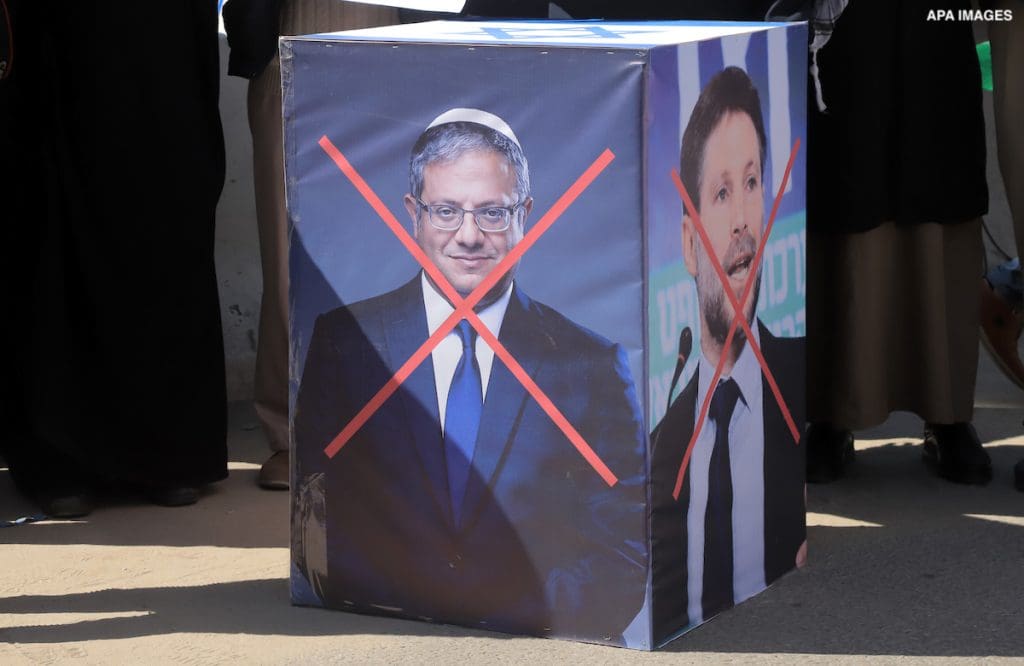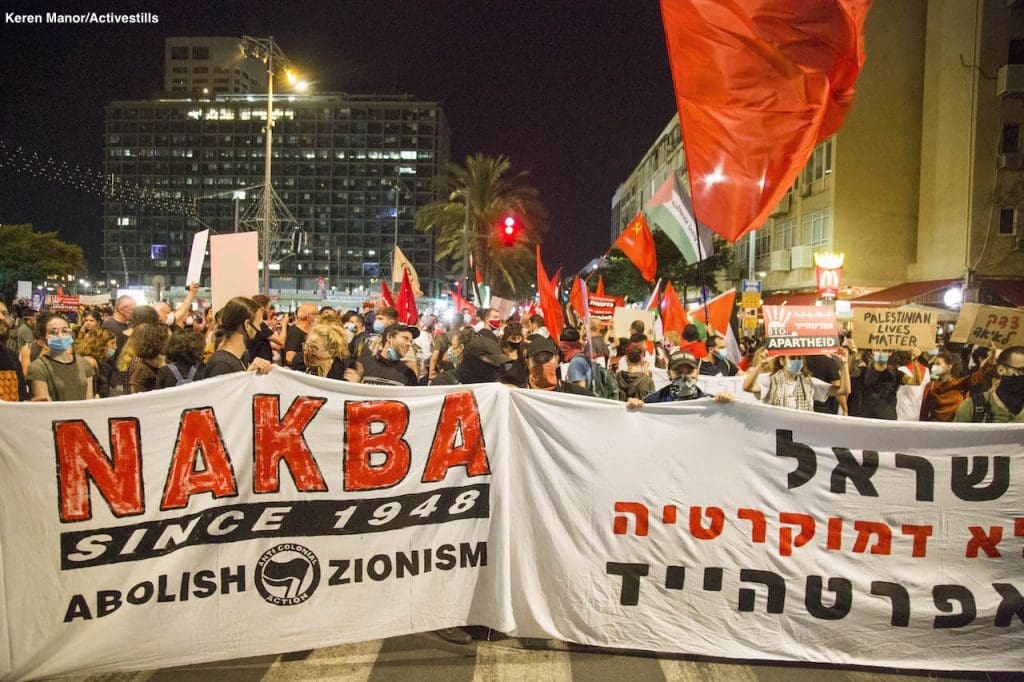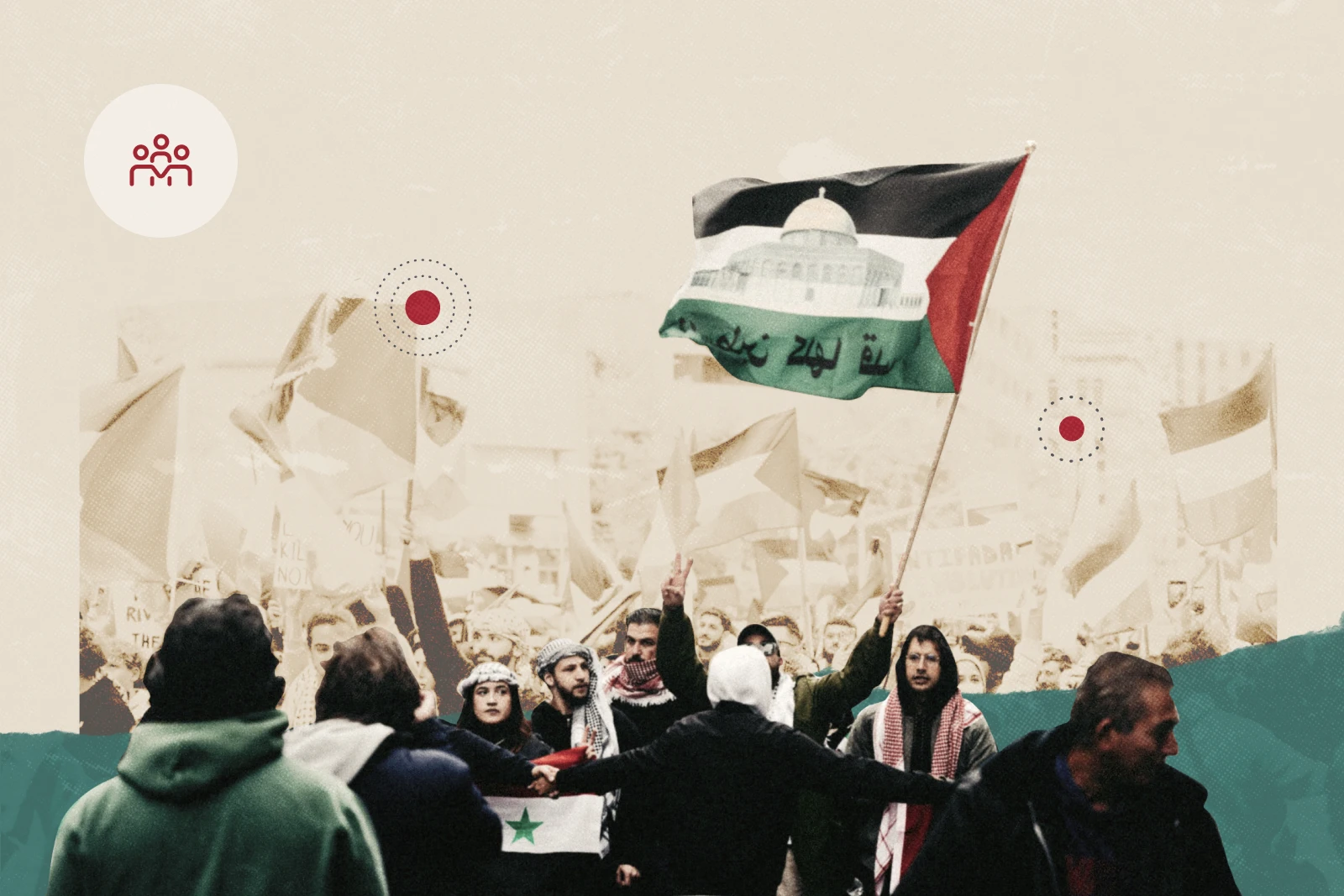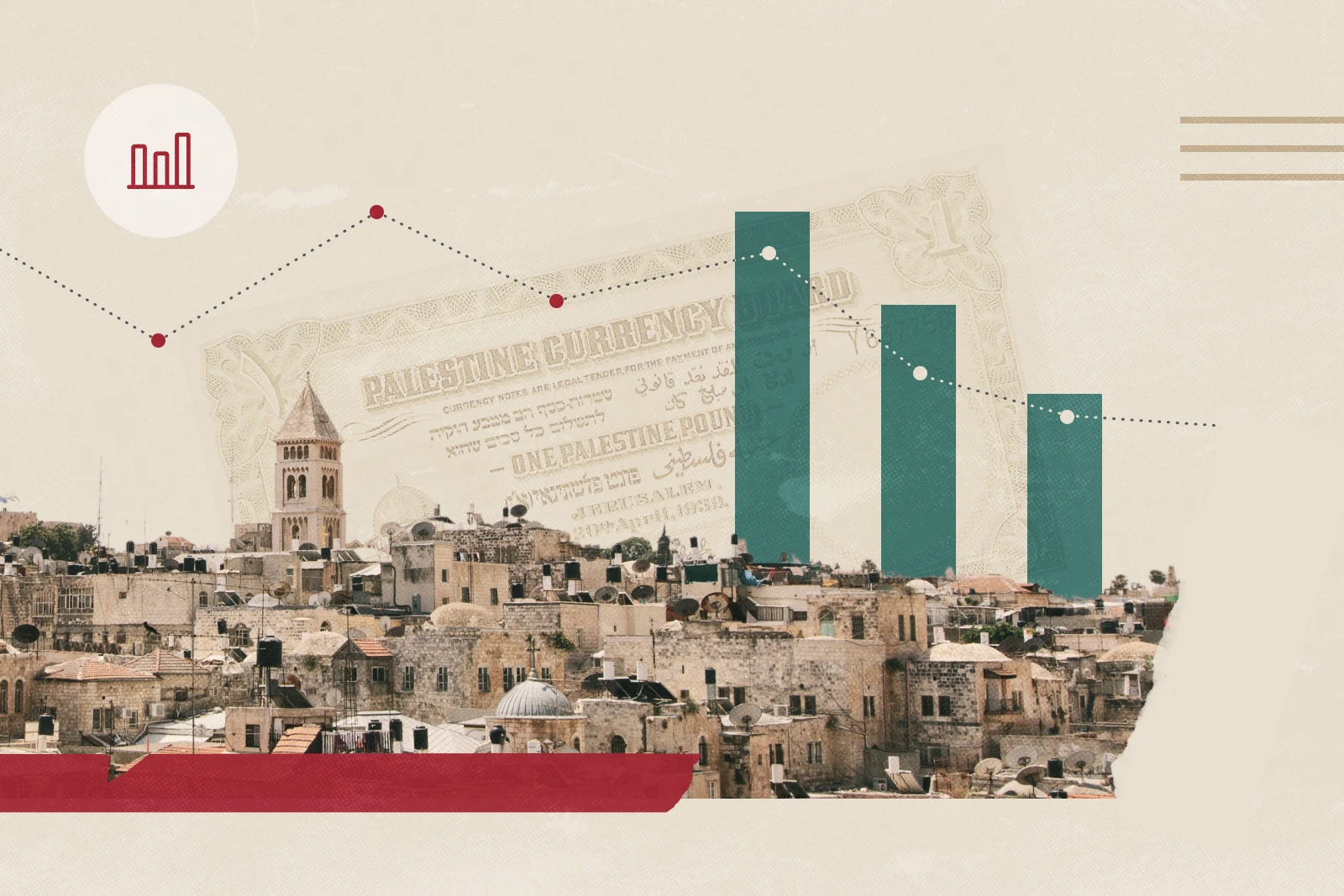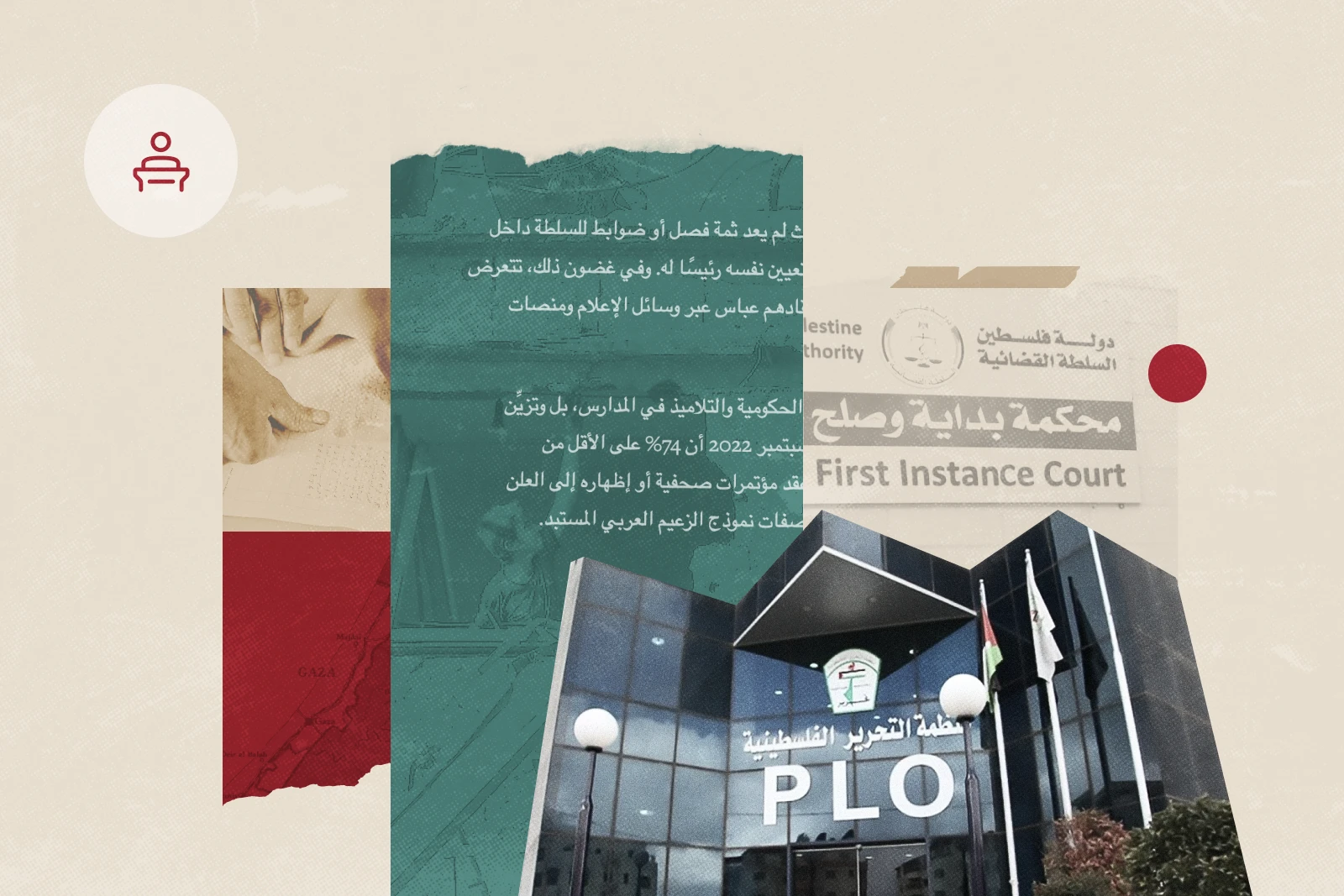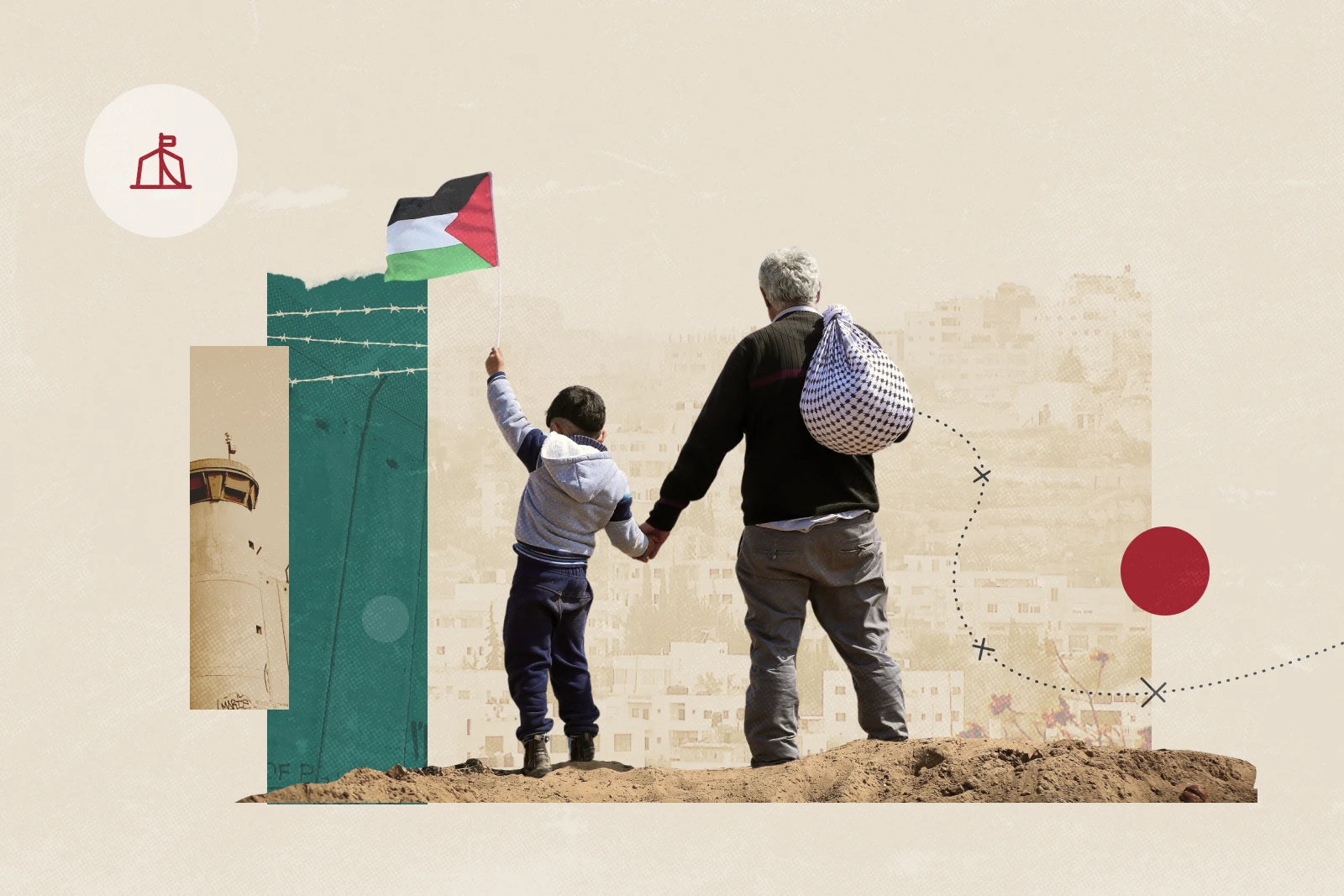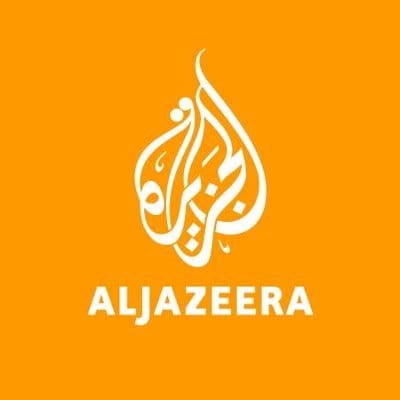typePolicy Memos
The announcement of the National Committee for the Administration of Gaza (NCAG), a 15-member technocratic body chaired by Ali Shaath, signals a shift toward depoliticized governance in Gaza amid ongoing genocide. Shaath, a Palestinian civil engineer and former deputy minister of planning and international cooperation, will lead an interim governing structure tasked with managing reconstruction and service provision under external oversight. While presented as a neutral technocratic governing structure, the NCAG is more likely to function as a managerial apparatus that stabilizes conditions that enable genocide rather than challenging them.
This policy memo argues that technocratic governance in Gaza—particularly under US oversight, given its role as a co-perpetrator in the genocide—should be understood not as a pathway to recovery or sovereignty, but as part of a broader strategy of genocide management.

Yara Hawari· Jan 26, 2026
On November 17, 2025, the UN Security Council passed Resolution 2803 endorsing US President Donald Trump’s twenty-point plan for Gaza. The vote, pushed through after weeks of US pressure, establishes two supposedly “transitional” bodies to take control of Gaza: a Board of Peace tasked with overseeing aid delivery, reconstruction, and day-to-day administration, and an International Stabilization Force to take over security and disarm Hamas.
Notably, the resolution does not refer to the genocide of the past two years, nor does it address accountability for it. Instead, this policy memo shows how the resolution repackages colonial control over the Palestinian people in Gaza, rewards the US—a co-perpetrator of genocide—with control over Gaza and its potentially lucrative reconstruction process, while simultaneously relieving the Israeli regime of all of its responsibilities as an illegally occupying power. Rather than advancing justice, the UN has once again undermined its own legal principles under US pressure.

Yara Hawari· Nov 20, 2025
This policy memo shows how China’s “biased impartiality,” which privileges the Israeli regime, drives its strategic distancing from the genocide in Gaza. This position is not simply the result of US dominance over Israel-related affairs but a calculated decision to protect China’s long-term interests. By calling for Palestinian unity without exerting pressure on the Israeli government, Beijing shields its ties with the Zionist state under the guise of restraint. In addition, it deflects responsibility for stopping the genocide onto the UN Security Council, casting ceasefire, humanitarian access, and prisoner release as obligations for others in order to absolve itself of direct accountability.

Razan Shawamreh· Sep 16, 2025
The Israeli regime’s ongoing genocide in Gaza has exposed the failure of international legal frameworks to protect civilians, marking an unprecedented breakdown in the protective function of international law. While the Genocide Convention obligates states to prevent and punish genocide, and the Geneva Conventions establish protections for civilians under occupation, these mechanisms have proven powerless without the political will to enforce them.
In this context, eight Global South states—South Africa, Malaysia, Namibia, Colombia, Bolivia, Senegal, Honduras, and Cuba—have launched the Hague Group, a coordinated legal and diplomatic initiative aimed at enforcing international law and holding the Israeli regime accountable. This policy memo examines the group’s efforts to challenge entrenched Israeli impunity. It highlights the potential of coordinated state action to hold states accountable for violating international law, despite structural limitations in enforcement.

Munir Nuseibah· Jul 8, 2025
Launched on May 26, 2025, and secured by US private contractors, the new Israeli-backed aid distribution system in Gaza has resulted in over 100 Palestinian deaths, as civilians navigated dangerous conditions at hubs positioned near military outposts along the Rafah border. These fatalities raise grave concerns about the safety of the aid model and the role of US contractors operating under Israeli oversight.
This policy memo argues that the privatization of aid and security in Gaza violates humanitarian norms by turning aid into a tool of control, ethnic cleansing, and colonization. It threatens Palestinian life by conditioning life-saving aid, facilitating forced displacement, and shielding the Israeli regime from legal and moral responsibility. It additionally erodes local and international institutions, especially UNRWA, which has been working in Gaza for decades.

Safa Joudeh· Jun 10, 2025
Israel’s withholding of Palestinian clearance revenues is a longstanding practice, historically used to punish or manipulate the Palestinian Authority (PA). Since October 2023, the Israeli regime has only escalated its theft of Palestinian funds, bringing the PA to the verge of financial collapse. This policy memo argues that Israel’s weaponization of clearance revenues is not merely an extension of past measures but a reflection of a new, more radical agenda driven by the far-right.

Ismat Quzmar· Dec 1, 2024
UK arms companies have long profited from selling weapons to Israel, with licenses issued from the British government. Since 2008, these exports have totaled an estimated $740 million, continuing even amid the ongoing genocide in Gaza.
Following the Labour Party's July 2024 election victory, which promised alignment with international law, some were cautiously optimistic that an arms embargo would be forthcoming. In September 2024, the British government suspended 30 out of 350 arms export licenses to Israel. Activists and human rights groups argue that this is far too limited. Accordingly, this policy memo details Britain's international legal obligations and potential governmental maneuvers regarding arms sales to Israel.

Shahd Hammouri· Sep 15, 2024
In this policy memo, Tariq Dana examines the mutually reinforcing interests of the US, Saudi Arabia, and Israel that fuel the prospective agreement. He interrogates Saudi's feigned solidarity with the Palestinian struggle and situates the normalization deal within shifting regional dynamics.

Tariq Dana· Jul 30, 2024
To date, 2023 is the deadliest year on record for Palestinians in the West Bank since 2005, largely due to the Israeli regime’s violent operations in Jenin and Nablus to suppress Palestinian mobilization and armed resistance. While the Palestinian Authority (PA) was largely absent during the Israeli army’s raids, it quickly sought to re-establish the guise of control following their conclusion.

Alaa Tartir· Aug 27, 2023
In March 2023, after months of protests over Benjamin Netanyahu’s controversial judicial overhaul, Israel gave far-right National Security Minister Itamar Ben-Gvir the go-ahead to establish a national guard. The force, to be composed of an initial 1,800 officers and with an operating budget of one billion NIS ($273 million), will primarily assist Israeli police during “security” emergencies.

Ahmed Alqarout· Jul 2, 2023
The Unity Intifada of May 2021 emphasized the centrality of Palestinian popular mobilization in the struggle against Israel’s settler-colonial apartheid regime. It is imperative that discussions of an anti-apartheid movement in Palestine remain true to the Unity Intifada’s decolonial praxis: to confront Zionism’s “racist settler colonialism in all of Palestine” and to challenge Israel’s fragmentation of the Palestinian people as a tool of domination.

Rania Muhareb· Mar 23, 2022
Media & Outreach
Physical rebuilding of the shattered territory must include a concerted strategy for political reconstruction.

Alaa Tartir· Feb 23, 2026
Fathi Nimer, a policy fellow at Al-Shabaka, described the movement as one that “translates into absolute unquestioning support for the Israeli regime”. He described hearing a podcast about a Christian Zionist woman visiting Bethlehem who, after seeing the separation wall, Israeli soldiers and the harsh conditions in Palestinian refugee camps, remarked: “I feel bad for them, but scripture is scripture.”

Fathi Nimer· Feb 23, 2026
Fathi Nimer said it was unclear whether the interim constitution would be implemented or abided by. “Basic Law and the new interim constitution cover freedom of expression, protest and elections – but those have not been adhered to by the PA, which has been acting in negligence of Basic Law,” Mr Nimer said.

Fathi Nimer· Feb 11, 2026
We’re building a network for liberation.
As the only global Palestinian think tank, we’re working hard to respond to rapid developments affecting Palestinians, while remaining committed to shedding light on issues that may otherwise be overlooked.









